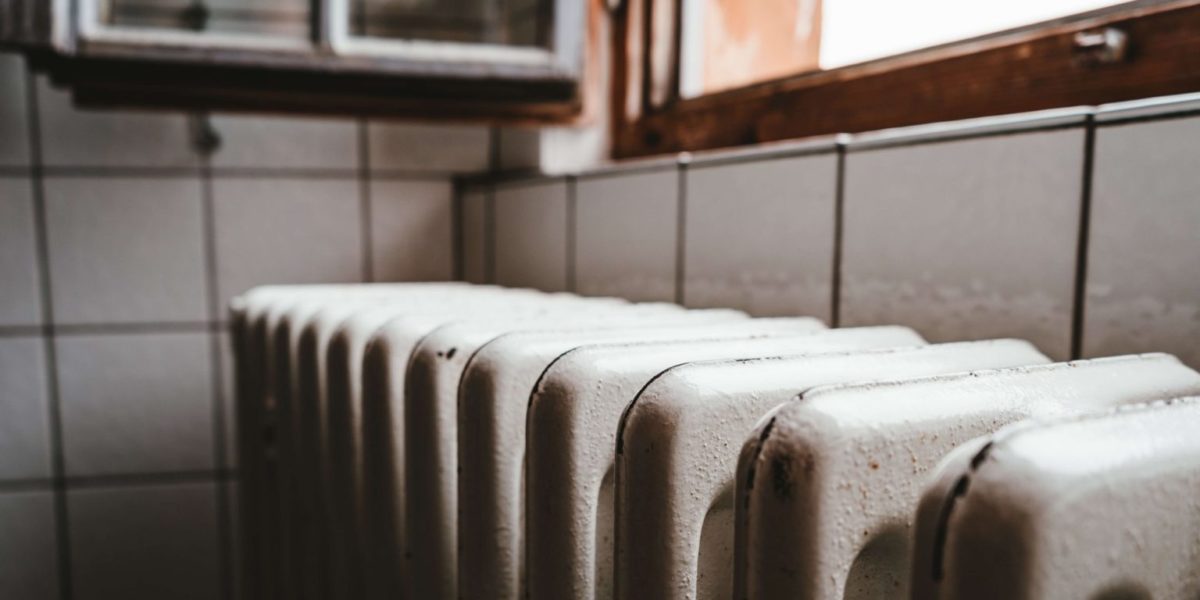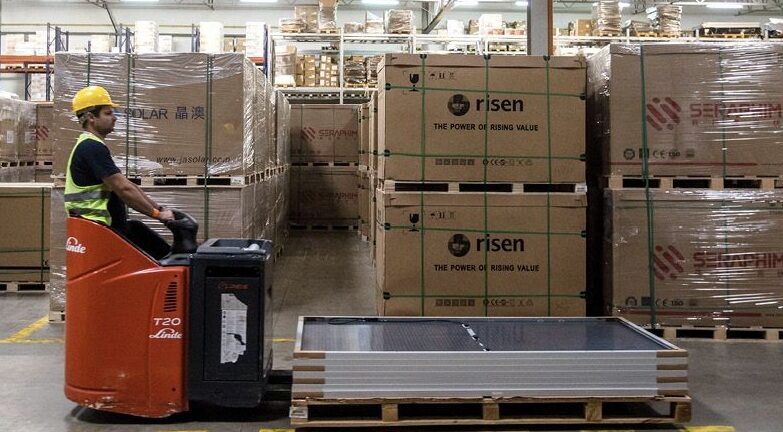From pv magazine Germany
A completely climate-neutral heating supply in the building sector, including existing buildings, is possible in Germany in 2035. Households could do it even more cheaply and save €11.5 billion ($12.7 billion) in energy costs per year from 2035, according to a new, Greenpeace-commissioned study by the Wuppertal Institute.
The study includes a six-point program that will purportedly help the country to achieve the heat transition by 2035. In order to phase out oil and gas in building heating in a timely manner, the researchers have proposed regulatory measures in three different areas with suitable financial support.
The researchers called for a phase-out law for fossil fuel heating systems, with simultaneous support for electric heat pumps and solar thermal energy. The installation of new gas and oil heating systems should also be banned by as early as 2024, they said. Existing systems should be gradually phased out. At the same time, a subsidy program for 12 million heat pumps and 70 million square meters of solar thermal systems should also be implemented to make the desired replacement more affordable.
There should also be a new obligation and subsidies for the renovation of buildings, which should be renovated in accordance with their energy efficiency standards. By 2040, all buildings should be expected to achieve efficiency class B (KfW-60). The refurbishment rate for buildings should rise to between 3% and 4%. In addition, district heating should be expanded through specific goals and funding measures.
“Although the short-term alternatives to natural gas for heating buildings are limited, in the medium-term there are many options for switching,” said Manfred Fischedick, scientific director of the Wuppertal Institute.“A clever strategy aimed at increasing efficiency and expanding renewable energies not only reduces the supply risks. The accelerated heat transition is also highly attractive from an economic point of view for households, companies and public institutions.”
Initially, the exit from oil and gas would require additional investments of €50 billion per year. The government would also need to earmark €22 billion in annual subsidies. If the calculation works out, consumers could save up to €11.5 billion per year in costs after the changeover.
In addition to the positive effects on the climate, an accelerated heat transition could also have positive economic effects. The authors of the study see a need for 500,000 specialists to implement the measures. A little more than half of them would focus on construction.
In early January, German Federal Climate Protection Minister Robert Habeck said that by 2030, half of all space heating requirements will be covered by renewable energy. In 2019, the total space heating requirement in Germany was 792TWh. Of this, 71% was accounted for by private households. As of today, 5% of them obtain their thermal energy from renewable sources.
This content is protected by copyright and may not be reused. If you want to cooperate with us and would like to reuse some of our content, please contact: editors@pv-magazine.com.




By submitting this form you agree to pv magazine using your data for the purposes of publishing your comment.
Your personal data will only be disclosed or otherwise transmitted to third parties for the purposes of spam filtering or if this is necessary for technical maintenance of the website. Any other transfer to third parties will not take place unless this is justified on the basis of applicable data protection regulations or if pv magazine is legally obliged to do so.
You may revoke this consent at any time with effect for the future, in which case your personal data will be deleted immediately. Otherwise, your data will be deleted if pv magazine has processed your request or the purpose of data storage is fulfilled.
Further information on data privacy can be found in our Data Protection Policy.